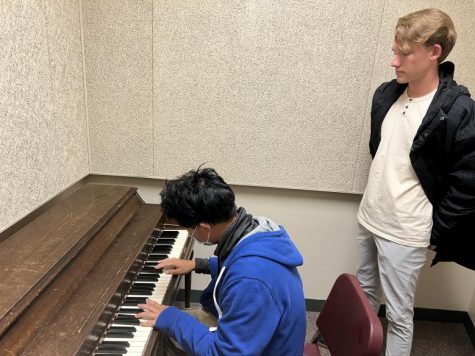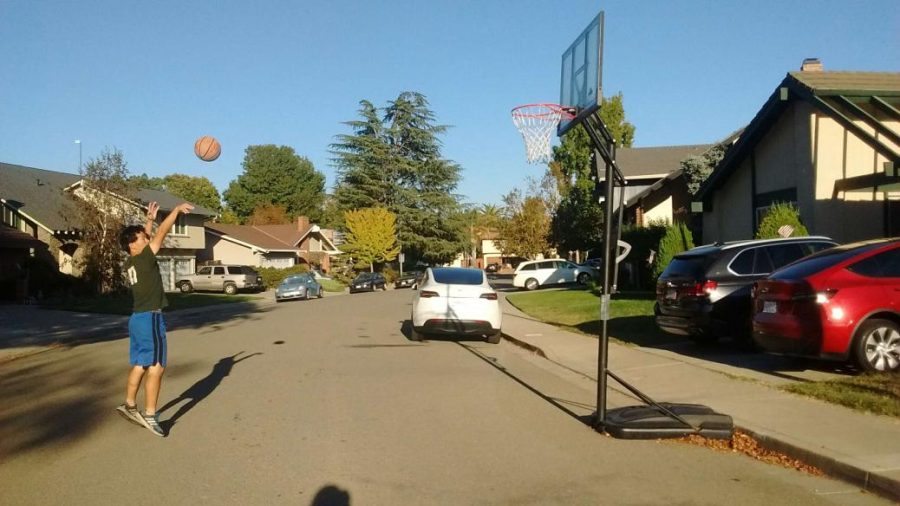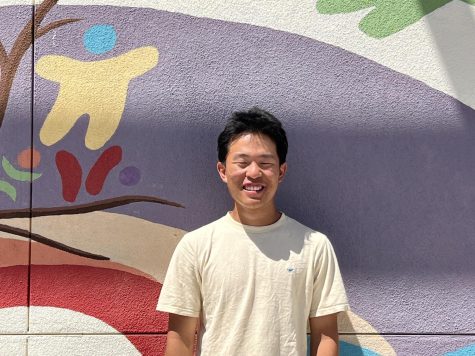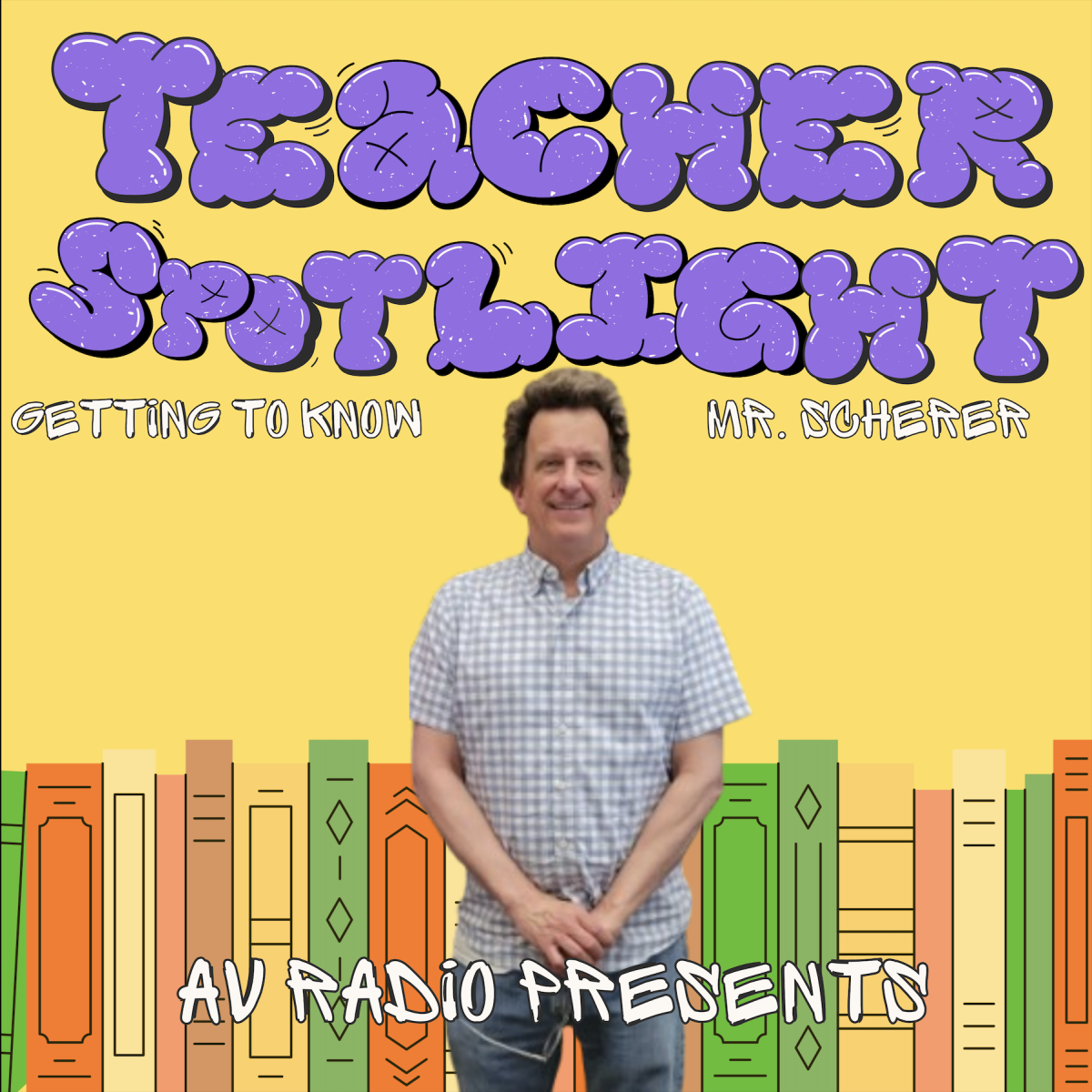The performance anxiety problem: sports, arts, pressure
In the NBA, shooting in practice versus in games can have differences as large as double or triple the accuracy. The same can be applied for all basketball players: when pressure is on the line, shooting accuracy decreases.
October 15, 2022
Stage fright, known professionally as performance anxiety, is ever more prominent in the world of sports and arts. It occurs when athletes, musicians, or performers have significantly worse performances when an audience is present compared to a team or individual practice.
NBA star Ben Simmons was the first overall draft pick in the 2016 NBA draft. Standing at 6’10 with superb basketball talent, he was expected to be one of the greatest players of his generation. Instead, anxiety over shooting the ball in front of thousands of fans has downsized Simmons from a potential superstar into an above-average player.
In sports
Performance anxiety doesn’t only appear in front of thousands of rambunctious fans. It occurs at every stage of athletic performance.
“I feel like I’m a little more comfortable when we’re playing at home. But when we’re playing away, it’s not like we automatically lose, but I’d rather have it here than away,” said football player Brady Lederer(‘23).
A rule of thumb for training and performance is that performance during games will be worse than training, simply because of performance anxiety. The “clutch”, or better performance under pressure, is an exception to the rule.
“It can depend, though, sometimes I clutch under pressure. I can pop off at away games, or big games. Sometimes, the away games can be scary, though, like at the Foothill game,” said Lederer.
Home court advantage does differ among different sports. Basketball teams won 62.7 percent of home games while football is lower at 57.6 percent. Performance anxiety plays a large role as basketball stadiums are smaller, leading to louder crowds.
“It definitely varies I would say. The better you perform in practice, the more confidence you get in a game. In a clutch (situation), it can sometimes not matter because you’ve done it so many times in practice. When you’re on the field, you don’t know where you are. You’re just playing football,” said football and basketball player Brady Nassar(‘23).
In music
Audition season is one of the most intense times for a music student. Not only is it the hard material, the hours of practice, and the fear of rejection and failure, but it’s the stress that comes from playing individually in front of a teacher or examiner alone, otherwise known as “choking”.

(Kevin Zhu)
“I play much better when I’m alone at home, or even just in class together with my section. But when I’m in front of a teacher alone, playing in an audition, I can get really nervous,” said trumpet player Joshua Yu(‘23).
Atlantic magazine reported that nearly 20 percent of Americans suffer from stage fright. Many of those afflicted perform in public for a living.
Alleviating performance anxiety
Performance anxiety is largely not a problem in academics because the majority of tests and essays are not taken in front of an observer. There is no attention to a test taker’s mistakes and their absence relieves any pressure of judgment.
“Right before you perform, that’s when your brain starts to second guess yourself. It’s nothing abnormal. You’re nervous because you care about it, and that’s good. I’d be worried if you weren’t nervous at all because that means you don’t care,” said Jennifer Yu, support counselor at Amador Valley High School.
Judges or teachers can make their students more comfortable through body language and environment. Audition tapes can be recorded. Overcoming and accepting performance anxiety is usually the best way to alleviate it.
“When students come in and want to prepare for an audition, which is what people come to most often for, I always tell them to relax, focus on muscle memory, and to not overthink it. When I used to evaluate auditions, I’d always try to be especially nice to them so they felt more comfortable,” said Jordan Liu, trumpet teacher at Amador Valley High School.
Internally admitting that anxiety is a problem, seeking help, and creating a pre-game routine with calming patterns can reduce performance anxiety and instill the “clutch” gene within all humans.
“Reminding yourself that you had been working for it and that you’ve been preparing for it can help alleviate some of the anxiety that pops up last minute. Working towards it, practicing, and reminding yourself that ‘you got it,’ and that if there are mistakes, it’s OK. Ultimately, recognizing that you did your best is the most important thing,” said Jennifer Yu.




